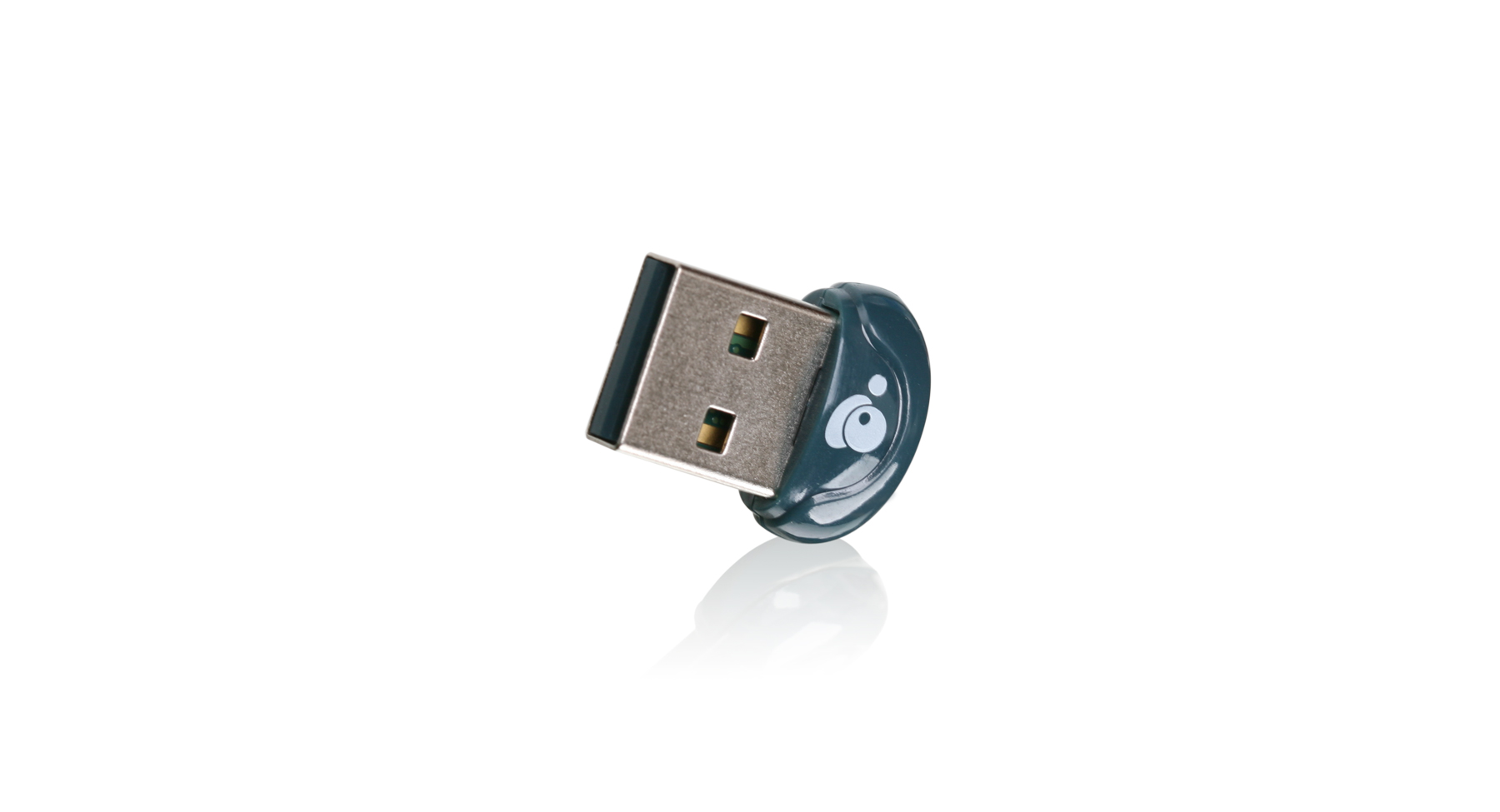Universal Serial Bus (USB) protocol is very complex. So the USB support software present in Microsoft® Windows® operating system family is also complex and provides a layered architecture where the system-supplied and vendor-supplied user- and kernel-mode components can be involved in communications over USB. Transactions performed over the USB are basically initiated by the user applications which communicate with the operating system by calling Windows API functions which in turn interact with appropriate device drivers providing access to a USB device through standard and vendor-specific interfaces.
This Generic USB Driver can recognize most USB drive's if you are still using the Windows 98 OS. This driver has not been updated for several years, and it won't be updated. Right click the first Generic USB Hub (or the one with a yellow warning sign) and select Update driver software Select Browse my computer for driver software Select Let me pick from a list of device drivers on my computer Select Generic USB Hub from the list and click Next. Download ADATA HDD / SSD / NAS / USB Flash drivers, firmware, bios, tools, utilities. I-O DATA is a leading manufacturer and provider of high-quality computer peripheral products including memory card, smartmedia card, multimedia card, compact flash card, mmc card, memorystick, usb adapter, sd memory card, memory card reader and writer, lcd flat panel computer monitor used in a variety of digital applications. Select the “Let me pick from a list of device drivers on my computer” option. Select “Show All Devices” in the drop-down menu. Click on “Have Disk” option. Enter the storage location for the Google USB driver. Click on “Android ADB Interface” from the list. Confirm the Android USB driver installation by pressing the “Yes.
What do you do when you want to know what is going on inside the Windows USB subsystem? What USB drivers are used to connect various peripheral USB devices to a computer? What I/O requests, support routines, structures, and interfaces the core components of the Windows USB architecture use to communicate with the USB devices? What you need is a USB Protocol Analyzer.
Analyze and Realize USB Protocol!
USBlyzer is an easy to use software-based USB Analyzer and USB Data Traffic Sniffer for Windows, which provides a complete yet simple to understand view for monitoring and analyzing USB Host Controllers, USB Hubs and USB Devices activity.
With USBlyzer you can:
Download I-o Data Usb Devices Drivers

View all plugged USB devices in hierarchical auto-refreshed tree view along with detailed information about each USB device properties and their child components:
USB device stack layout: Device objects for each driver that is involved in handling I/O activity.
USB descriptors: Device Descriptor, Configuration Descriptor, Interface Descriptor, Endpoint Descriptor, etc.
Information related to Plug and Play: Hardware IDs, Instance ID, Software Key, etc.
Capture, decode and display important information going through USB device stack:
USB-related requests such as URBs and structures used by USB device drivers.
I/O Request Packets (IRPs) used by PnP subsystem.
Kernel-mode and user-mode device I/O control requests (IOCTLs) used by USB client drivers and user-mode applications.
Incoming and outgoing data traffic of the USB devices.
Trace USB requests that the user-mode applications and USB device drivers use to communicate with the USB driver stack.
Analyze USB protocol and USB devices I/O activity with ease.
Filter to exclude non-essential information from the view.
Search the captured data for the particular request types.
Save captured data in binary file for later analysis.
Export USB descriptor hierarchy and all captured data to a file.

The detailed list can be seen on USB analysis features page.
USBlyzer is a software-based USB protocol analyzer, so you won't have to install any additional hardware or software. It runs on 32-bit and 64-bit version of Microsoft® Windows® without any compatibility issues and does not require any service pack.
Download I-o Data Usb Devices Driver Updater
USBlyzer can be successfully used for:
USB device driver development
USB hardware development
Debugging USB-related software and hardware
Exploring USB devices descriptors and properties
Capturing USB data transferred to or from the USB devices
Reverse engineering the USB protocol
Spying and analyzing the USB communications
Learning more about USB internals
Testing and troubleshooting software and hardware
You'll find USBlyzer extremely useful for understanding how system-supplied and vendor-supplied USB device drivers communicate with each other and with the peripheral USB devices such as human interface devices (HID), printers, scanners, mass storage devices, modems, video and audio devices etc.
Download I-o Data USB Devices Driver
MTP or (Media Transfer Protocol) is a set of custom extensions to the Picture Transfer Protocol (PTP) devised by Microsoft, to allow the protocol to be used for devices other than digital cameras, for example digital audio players such as MP3 players, and other portable media devices, for example portable video players.
Media Transfer Protocol (commonly referred to as MTP) is part of the 'Windows Media' framework and thus closely related to Windows Media Player. Windows Vista has built-in support for MTP. Support for Media Transfer Protocol in Windows XP requires the installation of Windows Media Player 10 or higher. Apple and Linux systems do not support it natively but have software packages to support it.
The USB Implementers Forum device working group is presently working on standardizing MTP as a fully fledged Universal Serial Bus (USB) device class. When that process is complete, MTP will be a USB device class peer to USB mass storage device class, USB Video Class, and so on.

Comments are closed.